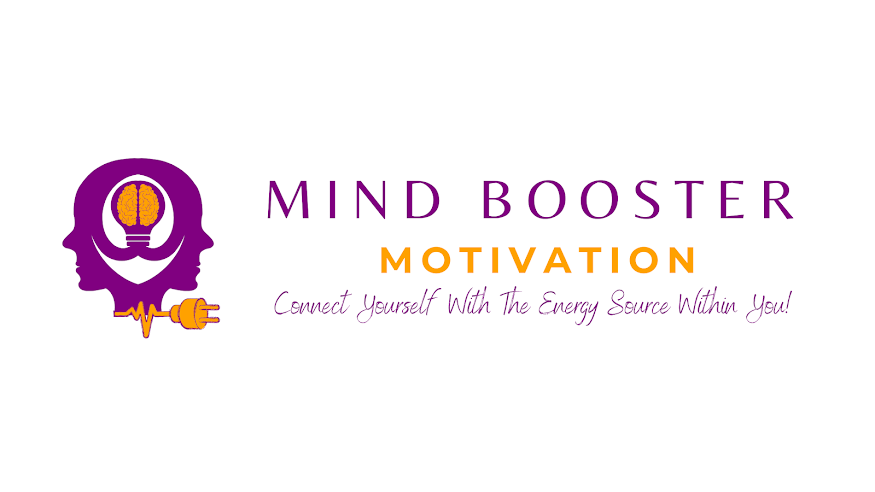The Sociological Implications of AI-Driven Engagement: Avoiding a Junk World of Technological Zombies
.jpg)
The Sociological Implications of AI-Driven Engagement: Avoiding a Junk World of Technological Zombies In our increasingly digital age, the pervasive influence of artificial intelligence (AI) shapes not only our choices but also our very understanding of reality. As algorithms curate our online experiences, they often lead us toward a state of perpetual distraction and engagement, creating what some might term a “junk world.” This article explores the sociological implications of this phenomenon, highlighting the risks of becoming “technological zombies” and proposing strategies to reclaim our agency in this complex landscape. At the heart of this issue lies the design of algorithms intended to maximize user engagement. Platforms like social media utilize data analytics to predict user behavior, delivering content that resonates based on past interactions. This design leverages psychological principles such as variable rewards, which stimulate dopamine responses and reinforce...



%20world%20expansion.jpg)